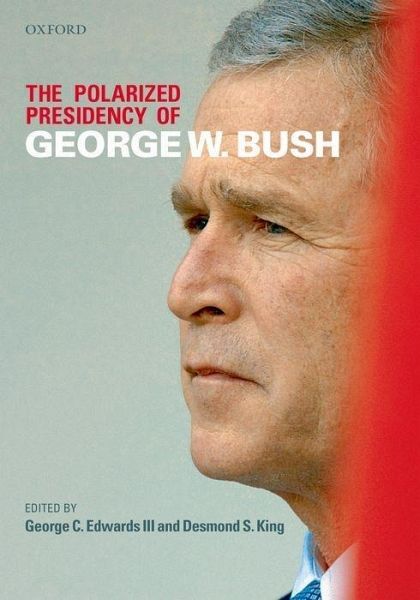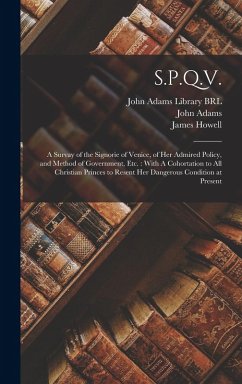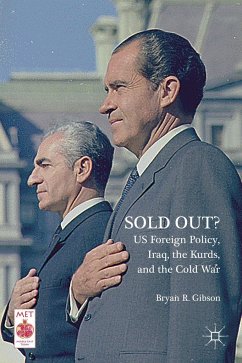
Edwards & King
Gebundenes Buch
POLICY,POLARIZATION C
Versandkostenfrei!
Versandfertig in 1-2 Wochen

PAYBACK Punkte
23 °P sammeln!




This is one of the first major studies of the Bush presidency in which the contributors succeed in looking beyond the simplistic stereotypes of the administration to establish how decisions are taken and how well the administration performs in governing.
George C. Edwards III is Distinguished Professor of Political Science at Texas A&M University. He also holds the Jordan Chair in Presidential Studies in the Bush School, and has served as the Olin Professor of American Government at Oxford, the John Adams Fellow at the University of London, and held senior visiting appointments at Peking University, Hebrew University in Jerusalem, and the U.S. Military Academy at West Point. He was the founder and from 1991-2001 the director of The Center for Presidential Studies. One of the country's leading scholars of the presidency, he has authored dozens of articles and has written or edited 21 books on American politics and public policy making. He is also editor of Presidential Studies Quarterly and consulting editor of the Oxford Handbook of American Politics series. Among his latest books are On Deaf Ears: The Limits of the Bully Pulpit , Why the Electoral College Is Bad for America, and Governing by Campaigning. Desmond King is Andrew W. Mellon Professor of American Government and Fellow of Nuffield College, University of Oxford and a specialist in American political development and comparative welfare policy. He is Fellow of the British Academy. His numerous books include In the Name of Liberalism: Illiberal Social Policy in the USA and Britain (Oxford UP 1999), Making Americans: Immigration, Race and the Origins of the Diverse Democracy (Harvard UP 2000), and The Liberty of Strangers: Making the American Nation (Oxford University Press 2005).
Produktdetails
- Verlag: OUP UK
- Seitenzahl: 478
- Erscheinungstermin: 24. Mai 2007
- Englisch
- Abmessung: 240mm x 161mm x 30mm
- Gewicht: 878g
- ISBN-13: 9780199217977
- ISBN-10: 0199217971
- Artikelnr.: 22695293
Herstellerkennzeichnung
Libri GmbH
Europaallee 1
36244 Bad Hersfeld
gpsr@libri.de
Für dieses Produkt wurde noch keine Bewertung abgegeben. Wir würden uns sehr freuen, wenn du die erste Bewertung schreibst!
Eine Bewertung schreiben
Eine Bewertung schreiben
Andere Kunden interessierten sich für













